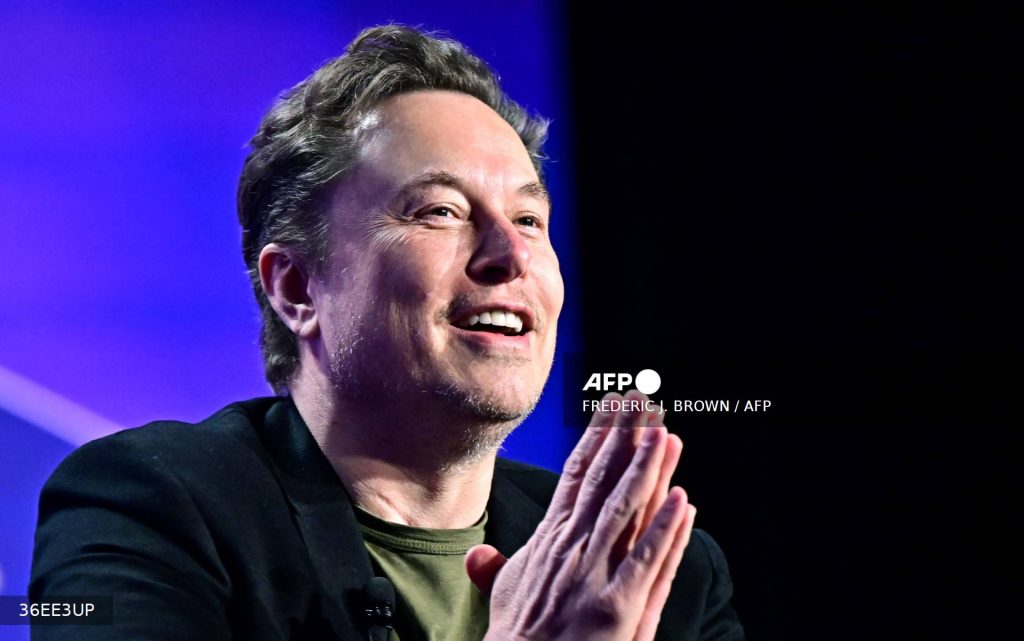In a landmark decision, Chancellor Kathaleen McCormick of Delaware’s Court of Chancery upheld her ruling to strike down Elon Musk’s $55.8 billion compensation package at Tesla. The controversial deal, lauded as one of the largest executive pay packages in corporate history, has been deemed excessive and unfair to Tesla shareholders. Despite Tesla’s attempt to ratify the package through a shareholder vote in June, McCormick ruled that the effort was insufficient to overturn her initial January decision.
This article delves into the implications of McCormick’s ruling, the flaws in Tesla’s ratification attempt, and what it signifies for corporate governance, shareholder rights, and executive compensation in the United States.
The Background of Musk’s $55.8 Billion Compensation Package
Elon Musk’s compensation package, approved in 2018, was designed to incentivize the Tesla CEO to achieve extraordinary growth milestones. It linked Musk’s earnings to Tesla’s market capitalization, allowing him to unlock massive stock options as the company met specified targets. At the time, Tesla’s board defended the package, asserting it aligned Musk’s interests with those of shareholders by tying his rewards to company performance.
However, critics argued that the package was disproportionately large, lacked sufficient oversight, and created risks for shareholder equity. A lawsuit filed by Richard Tornetta, a Tesla shareholder, contended that the board failed to exercise proper fiduciary responsibility when approving the deal. The lawsuit also alleged that Tesla misrepresented key details of the package to shareholders.
The January Ruling: Why McCormick Struck Down the Package
In January 2024, McCormick ruled against Musk’s compensation package, citing its size and the process by which it was approved. The court found the package excessive, questioning the fairness of allocating $55.8 billion to a single executive, even one of Musk’s stature.
McCormick highlighted critical issues, including:
1. Lack of Independence: Tesla’s board was criticized for not being independent enough from Musk to objectively assess the compensation package.
2. Insufficient Disclosure: Shareholders were allegedly not provided with adequate information about the deal’s potential implications and risks.
3. Unfair Burden on Shareholders: The package placed an undue financial burden on shareholders, raising concerns about equity dilution and long-term sustainability.
The June Shareholder Vote and Tesla’s Ratification Attempt
In an effort to salvage Musk’s compensation package, Tesla sought to ratify the deal through a shareholder vote in June 2024. The company argued that shareholder approval would address the court’s concerns and restore the package’s validity.
However, McCormick rejected this attempt, ruling that the vote did not override her January decision. She pointed out multiple flaws in Tesla’s ratification process, including:
1. Material Misstatements: Tesla allegedly provided misleading information to shareholders about the consequences of their vote, undermining the integrity of the process.
2. Procedural Deficiencies: The ratification process failed to address the core issues of fairness, transparency, and board independence identified in the January ruling.
3. Inadequate Remedy: McCormick emphasized that a post-hoc shareholder vote could not retroactively justify an inherently flawed compensation package.
The Broader Implications of McCormick’s Ruling
1. Strengthening Shareholder Rights
The decision reinforces the importance of shareholder rights in corporate governance. By striking down Musk’s compensation package, the court underscored that even powerful executives must be held accountable to shareholders and fiduciary standards. This sets a precedent for greater scrutiny of executive pay deals and more rigorous oversight of board decisions.
2. Corporate Governance Reform
McCormick’s ruling highlights the need for robust corporate governance practices, particularly in companies led by high-profile executives like Musk. Boards must ensure independence and transparency in decision-making processes, especially when approving compensation packages that could significantly impact shareholder value.
3. Rethinking Executive Compensation
The case raises questions about the broader trends in executive compensation, especially the growing reliance on performance-based pay tied to stock options. While such packages aim to align executives’ interests with shareholder value, they can also create risks of excessive rewards and unintended consequences. Companies may need to rethink how they structure executive pay to balance incentives with fairness and accountability.
Challenges and Criticisms
While McCormick’s decision has been widely praised, it has also faced criticism. Proponents of Musk’s package argue that his leadership has been instrumental in Tesla’s meteoric rise and that the compensation was justified given the value he created for shareholders.
Critics, however, contend that the case underscores systemic flaws in corporate governance and the need for reform. They argue that excessive executive compensation exacerbates income inequality and undermines investor confidence in public companies.
The ruling leaves Tesla and Musk at a crossroads. While Musk remains one of the most influential figures in the tech and automotive industries, the decision could impact his leadership approach and the company’s governance practices. Tesla’s board may face increased pressure to demonstrate independence and transparency, particularly in future decisions regarding executive compensation. By the way, for those mining BOTH Coins, use this REWARD CODE: 555282
For Musk, the ruling may serve as a reminder of the importance of balancing visionary leadership with accountability to shareholders and stakeholders.
Lessons for Companies and Shareholders
For Companies
- Transparency Matters: Companies must provide shareholders with clear, accurate information about executive pay and its implications.
- Board Independence is Crucial: Boards must maintain independence from executives to ensure objective decision-making.
- Balance is Key: Compensation packages should balance incentives with fairness and sustainability.
For Shareholders
- Engagement is Vital: Shareholders must actively participate in governance processes and hold boards accountable.
- Demand Oversight: Shareholders should advocate for stronger oversight mechanisms to prevent excessive executive compensation.
- Focus on Long-Term Value: Shareholders should prioritize governance practices that promote long-term value creation over short-term gains.
Chancellor McCormick’s ruling against Elon Musk’s $55.8 billion Tesla compensation package marks a significant moment in the evolution of corporate governance and shareholder rights. By upholding her decision, the court has sent a clear message that excessive executive pay packages, even for transformative leaders like Musk, must meet rigorous standards of fairness, transparency, and accountability.















